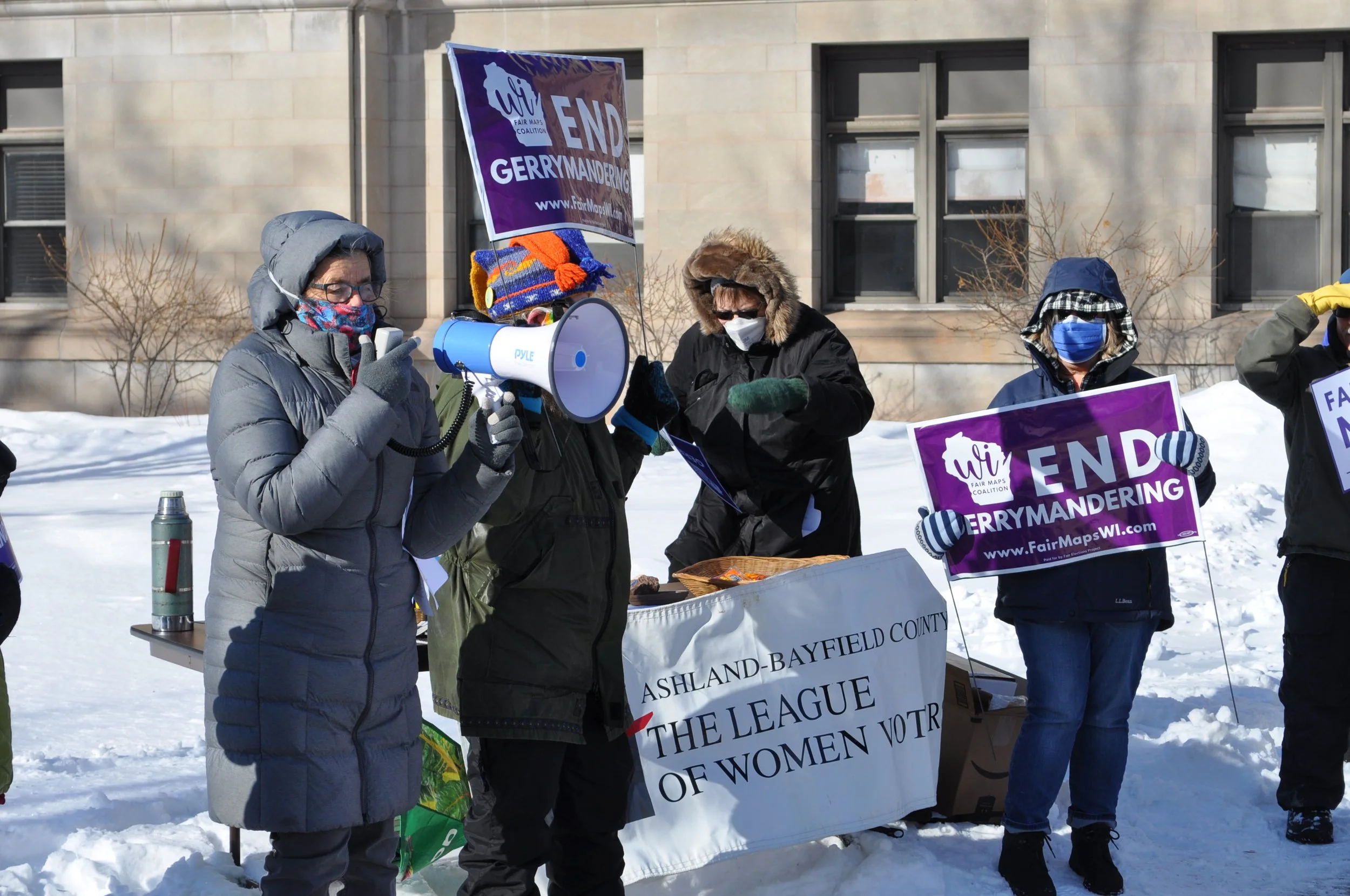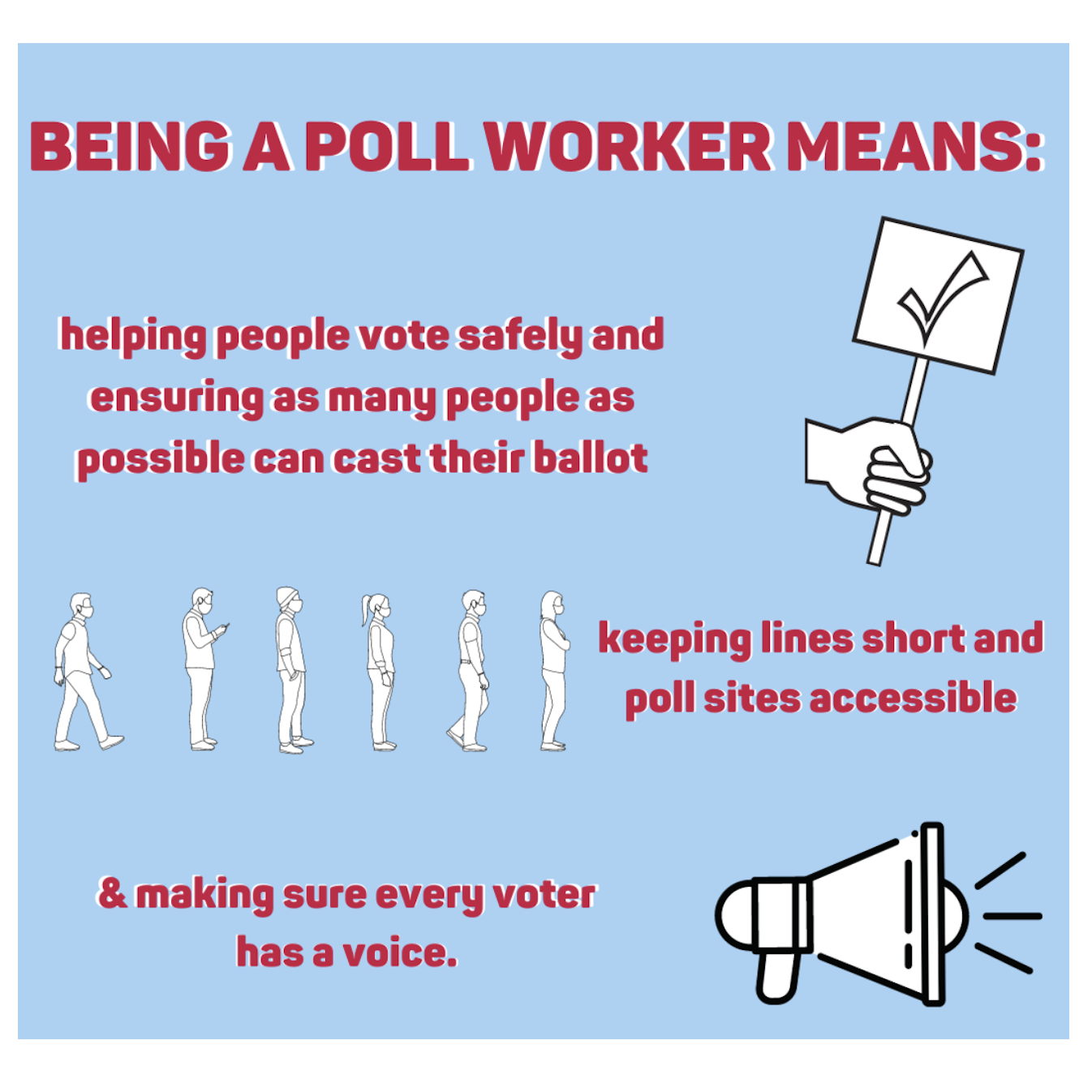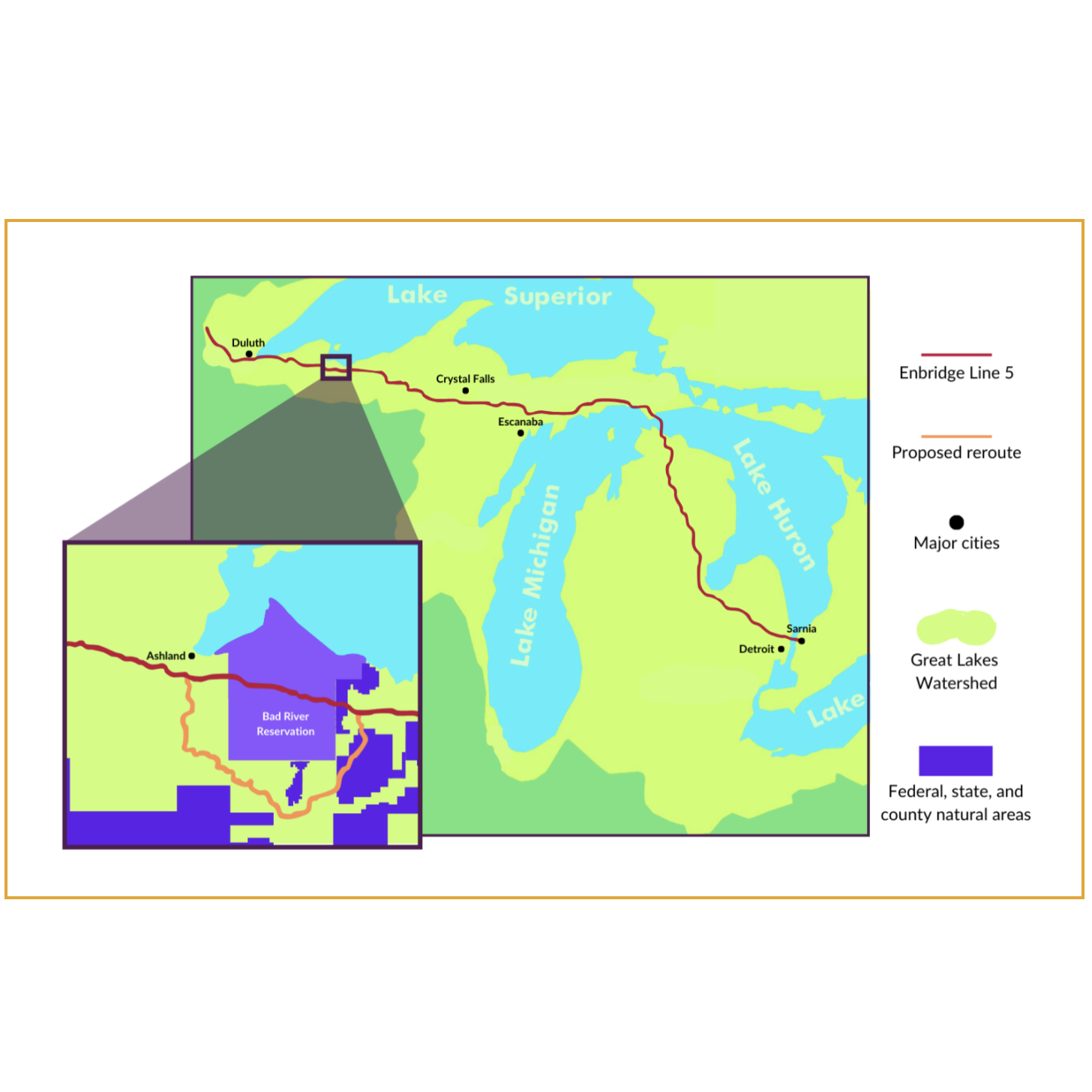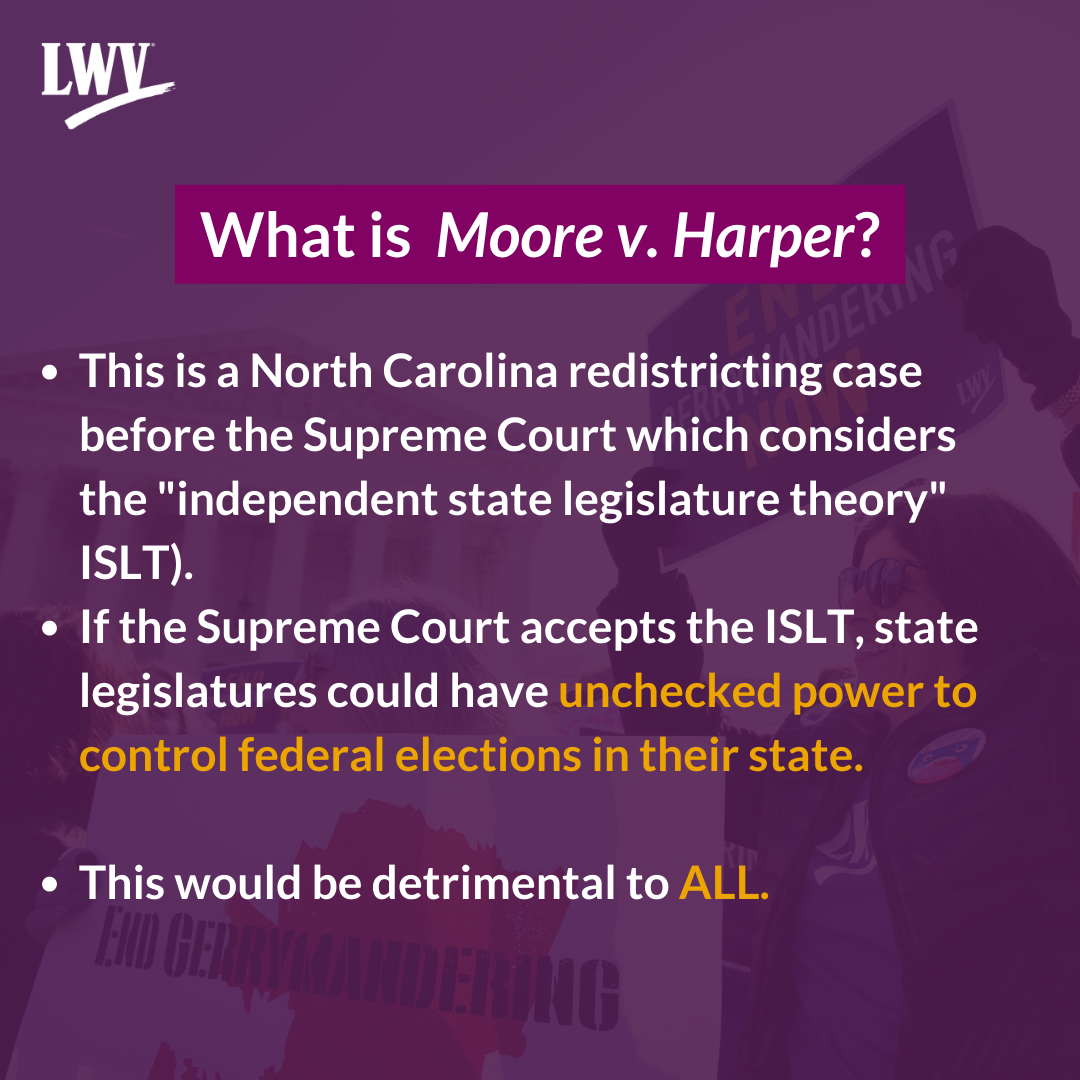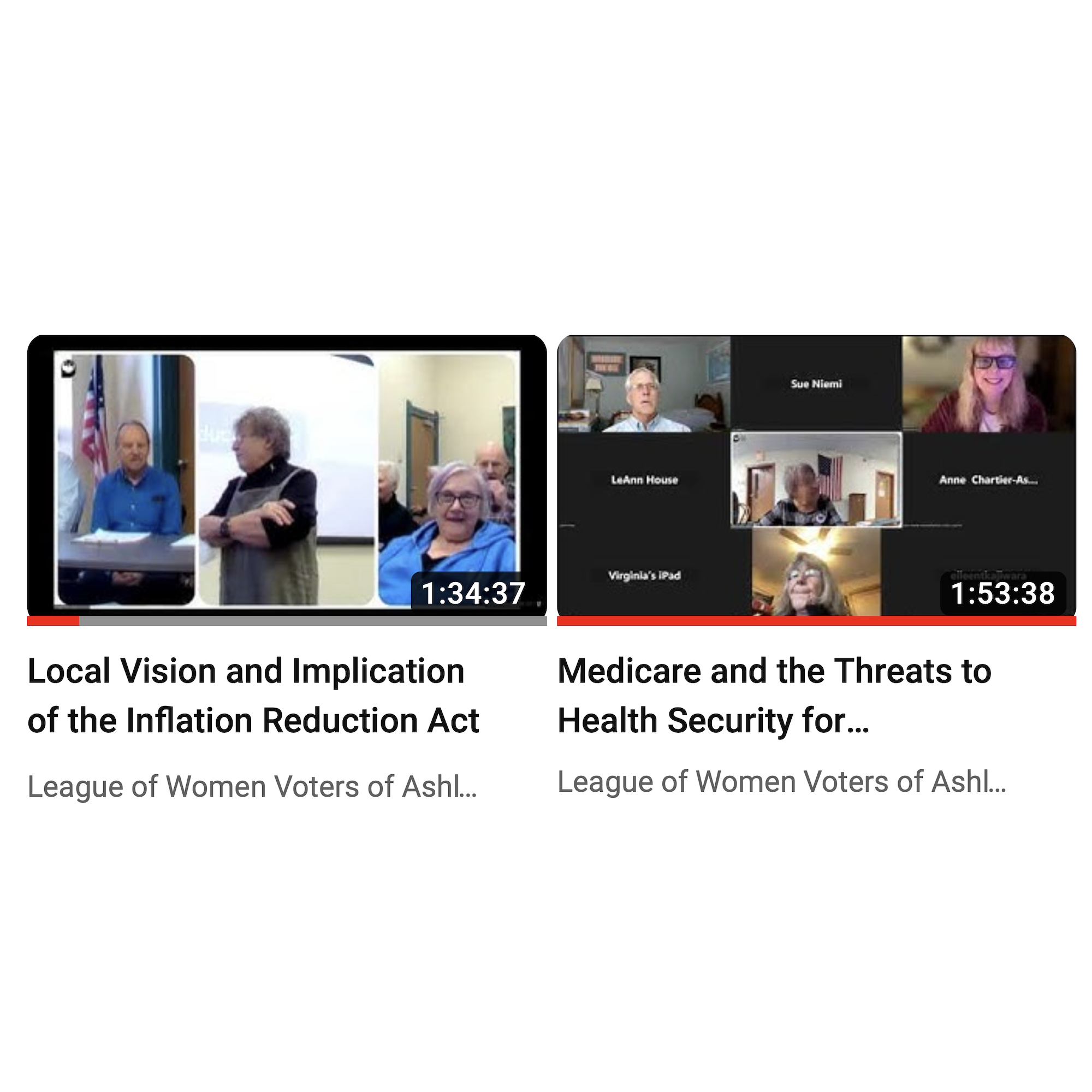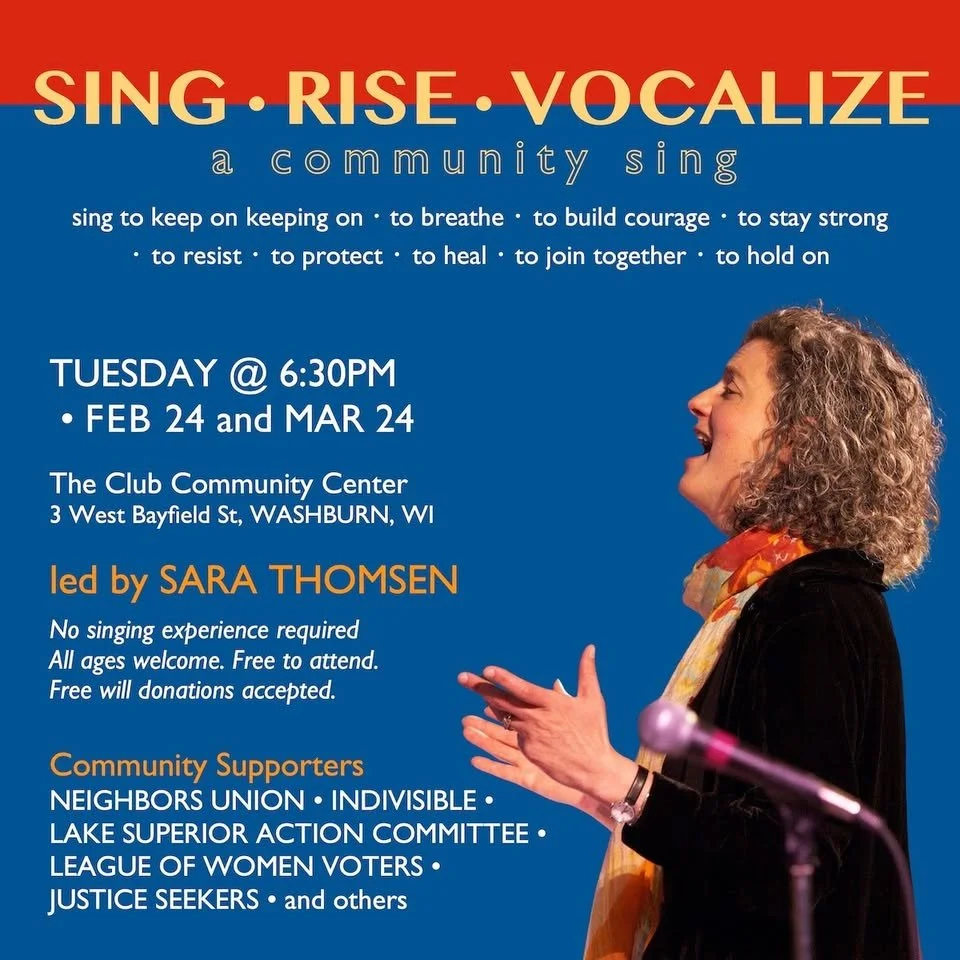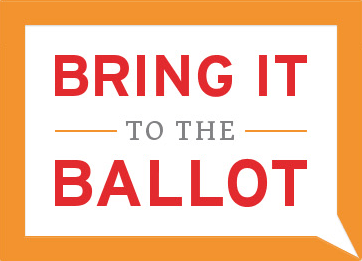League of Women Voters of Wisconsin Talking Points re Budget
/League of Women Voters of Wisconsin
Talking Points on State Budget
For legislator contacts and letters to the editor
Updated June 17, 2015
While LWV of Wisconsin has submitted a statement to all State Senators and Assembly Representatives, all league members are encouraged to contact their legislators about the state budget. There are many problems in this budget but we are focusing on a few areas we view as most important to our state positions. We can speak to these issues because of our comprehensive studies. These non-partisan policy positions speak to our quality of life and in support of programs which benefit all the citizens in our state.
1. Revenues
-Legislators should reject the mistaken impression that Wisconsin cannot afford the level of public services provided in the past and the top-notch institutions which have made our state great.
-The League of Women Voters is one of more than 30 citizen groups supporting the Better Choices alternate budget plan, which identifies three actions that would increase revenues by a total of $782 million, making many of the proposed cuts to programs and services unnecessary. The recommended actions are:
accept $345 million in federal Medicaid funds for BadgerCare expansion;
cap the ballooning tax credit for corporations in manufacturing and agriculture, saving $226 million;
cap property tax cuts for a second home, which would free up $211 million.
2. Maintain Strong Citizen Input and Government Oversight
-The executive budget initially proposed to reduce the state’s Natural Resources Board (composed of citizens from throughout the state) to an “advisory only” role giving all the rule-making power to the Secretary of the Department of Natural Resources, a gubernatorial appointee confirmed by the Senate. This proposal would remove the balance of citizen participation and put all the power in the hands of an appointee.
-Throughout the budget discussions there has been severe encroachment on the authority of locally elected school boards, which are accountable for education in their districts.
-Such measures are not fiscal matters at all. They are very significant policy matters that threaten to change the fundamental relationship between the people and our government. They deserve more public input than they will have when included in the budget.
3. Support an Educated Public
-The budget diverts money from public schools to private schools. Yet private schools do not have these requirements:
Accounting for the use of public funds
Comparable performance standards for their students
Same state standards for all school employees
-Funding cuts are proposed to important programs and services in the public education system.
Seriously inadequate funding.
No increase in property tax revenue limits.
Increased funding for private education at the expense of public education.
Large expansion of vouchers for private education.
Extending voucher availability to special needs students, who may not receive full services in voucher schools.
Allowing hiring teachers who lack a bachelor's degree.
Allowing home-school & private school students to participate in public school sports & extracurricular activities.
Giving authority to Milwaukee County Executive to take over selected schools, removing authority from the local school board, a provision that could be extended to other districts.
There are also major concerns for the University of Wisconsin, especially:
Drastic reduction in funding after significant reductions in prior years.
Removal of faculty tenure from Wisconsin state law.
4. Support a Healthy Population
-We are pleased that the Joint Finance Committee will not recommend the changes initially proposed for Senior Care, Wisconsin’s prescription drug program for low-income people. Senior Care, which has long had bipartisan support, is a program which serves the people of Wisconsin well.
-Family Care is a long-term care alternative that could be cut by $6 million in the second year. The oversight would move from the Department of Health Services to the Office of the Commissioner of Insurance which reduces consumer and community input. The budget eliminates Aging & Disability Resource Center boards and councils. Is this what we want for our frail and elderly?
5. Support a Healthy Environment
-The Governor proposed freezing the Knowles-Nelson Stewardship Program, which would stop the acquisition of natural land and water areas used so widely for outdoor recreation and sports. The Joint Finance Committee restored half of the annual funding, but this does not do enough to protect hunting, boating and park areas for our citizens and it will impact our tourism industry.
-The budget proposes to cut 66 fulltime positions at the DNR, specifically targeting the Bureau of Scientific Services and Communication and Education. Citizens and administrators need information to make sound decisions based on facts to insure good natural resource management.
- There is a proposed more than $6 million in cuts to polluted runoff management efforts. These efforts have had a direct impact on water quality, and water quality affects every single citizen in this state.
6. Support Public Transportation
-While public transit is a small part of the transportation budget it is vital to the citizens who need it for jobs, child care, shopping and other daily business.
-Keep public transit an integral component of the Transportation Fund to grow the Wisconsin economy, prevent air pollution and traffic congestion.
7. Support a sustainable justice & corrections system
-While we continue to see severe underfunding of K-12 education and the UW System, the Corrections system has a budget increase based on a projected increase of prisoners.
-There has been neither an effort to improve treatment alternatives and diversion nor any move to address the imbalance of the over-long prison stay of “old law” offenders. These are actions which could actually save millions of dollars in Corrections spending.
Conclusion
We urge legislators not to allow institutions built over the past century and programs that have served Wisconsinites well for decades to be destroyed. We urge them to craft a state budget that serves all Wisconsin residents fairly with vital services, a healthy environment, high quality education, accountable government and wise use of revenue. That will reflect Wisconsin values, and it is what the people expect from our state.





























